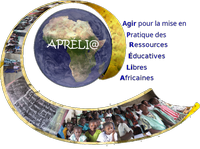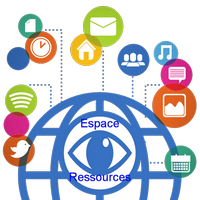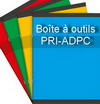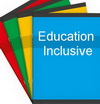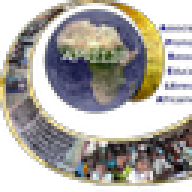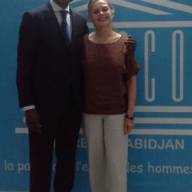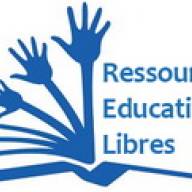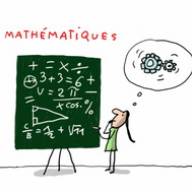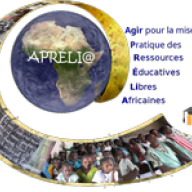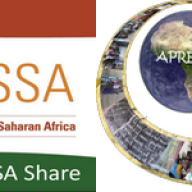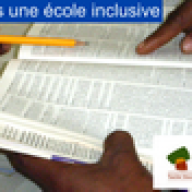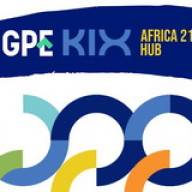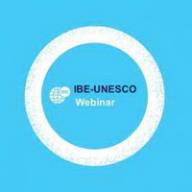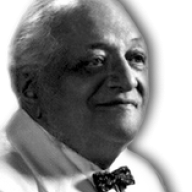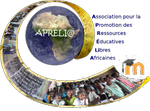On September 27 to October 1, 2010, UNESO Bangkok, in collaboration with the UNESCO Jakarta Office, organized a Curriculum Development Workshop under the Next Generation of Teachers Project to help Universities, teacher training centres and agencies under the Ministry of National Education develop teacher training curricula that best support their ICT training needs as well as National Plan for ICT.
As a highly populated archipelago country, Indonesia is faced with a number of challenges in fulfilling the demand for quality educators. According to ministry of National Education (MONE), some of the most vital issues are the fact that 63.1 percent of the entire body of over two million educators does not fulfil the qualifications set by the MONE, some not having completed Bachelor’s Degree, and insufficient number of ICT-skilled educators to support the MONE plan to introduce ICT Curriculum across the education system.
In the effort to raise the capacity of educators, the government has introduced the National Policy of ICT planning for development and implementation on education earlier in the decade to collaborate with ICT industry to develop and implement ICT curriculum and make ICT utilization as essential part of instruction in primary, secondary, university and training centres. The latter is aimed at raising ICT qualifications among teachers with the aid of ICT, as the MONE recognizes that quality education begins with the teachers.
UNESCO Bangkok’s the Next Generation of Teachers Project, funded by the Japanese government, was initiated on the same awareness that the level of education quality rests heavily on the capacity of teachers and their ability to respond to the ever-changing needs of learners in the 21st Century world. The Project aims to build the institutional capacity of the teacher education institutions (TEIs) in designing and providing the training on ICT-integration for the next generation of teachers in Asia and the Pacific region to enhance teaching and learning by utilizing ICT judiciously in the classrooms. It approaches teacher capacity-building on institutional level as opposed to individual level
The Curriculum Development Workshop is part of the activities in the project as the development of teacher training curriculum and arguably is the most important aspect to strengthen the skills of pre-service and in-service educators. This CDW in Jakarta was thus part of the government’s efforts to build the information and communication technology capacity of both future and current teachers as it brought local Indonesian experts together to revise or establish courses on ICT in education.
More than twenty curriculum and teacher education experts from Jakarta State University, University of Education Indonesia, Directorate General for Quality Improvement of Teachers and Education Personnel, Center for Information Technology and Communication, Curriculum Center, National Commission for UNESCO and Education Development and Empowerment Centers participated in the five-day workshop. Intel, a partner of UNESCO in the Next Generation of Teachers Project, has extensive experience with ICT integration in education under Intel Teach Program in a number of countries including Indonesia. Therefore, the company was invited to share the experience of activities and Intel Teach curriculum institutionalization in Indonesia with one case study presented by Nusantara Islamic University.
At the workshop, local experts gained new insights in curriculum planning and expanded their understanding of course design and corrected many of their misconceptions. The participants were guided by UNESCO resource person to map their existing ICT-related courses, reviewing elements of their courses against the provided framework. They then made the decision to either revise a course or develop a new one through the process that asks all experts to design all aspects of a course from unit contents, learning activities, pedagogical approaches, to assessment.
Rounds of discussions among the resource person and the participants raised the participants’ attention to the importance of having a clear scope of the content in relation to the objectives of the course. “It helps our teacher training centre to design ICT integration in teaching curriculum for teachers from all subjects,” as one participant notes. Participants also found the training enriching as it “gives a new insight, to meet with colleagues from other institutions to exchange experience and cooperate with,” during the group work.
UNESCO Bangkok will continue to work with the teacher training centres and agencies that will adopt the revised courses designed at the workshop with the help of Intel Teach program to ensure the teacher training institutions progress to the new stage of curriculum and the empowerment of next generation of teachers in Indonesia.
